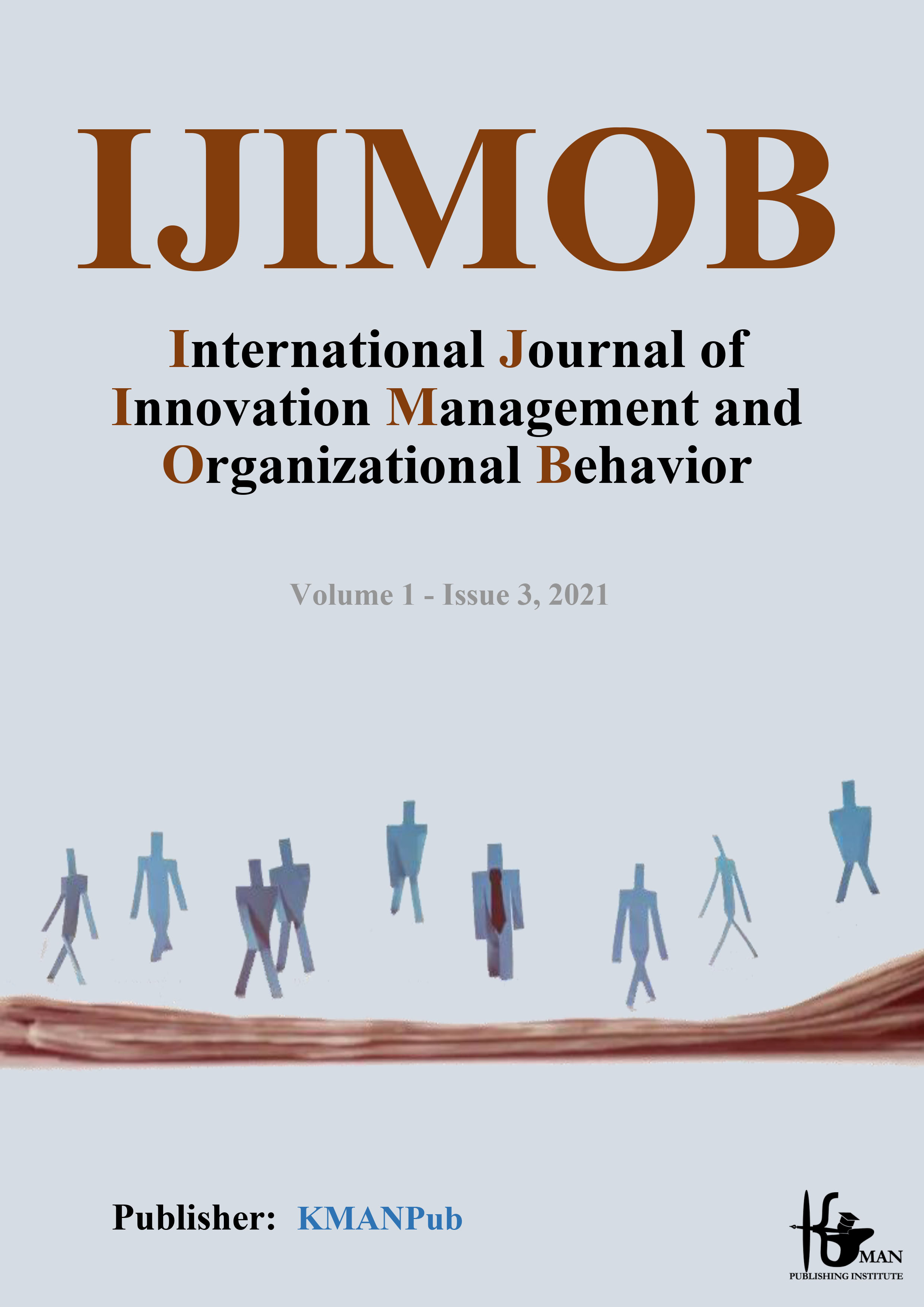Investigating the relationship between the leadership style of school principals and the job satisfaction and conscientiousness of primary school teachers
Keywords:
Leadership styles, job satisfaction, work conscientiousnessAbstract
Background and purpose: The leadership styles of school principals, according to their approach to teachers, are effective in the growth of creativity or its reduction. This research was conducted to explain the relationship between the leadership style of school principals and the job satisfaction and conscientiousness of primary school teachers. Methodology: The research design was descriptive and correlational. The research's statistical population included all teachers and principals of the elementary school in Shahrood city in the academic year of 2014-2016. The statistical sample of this research was selected and studied by a simple random sampling method of 120 teachers. Leadership style Questionnaire, Job Satisfaction Questionnaire, and Work Conscientiousness Questionnaire were used to collect data. After collecting and extracting data, participants' scores were analyzed using Pearson's correlation and multivariate regression using statistical software (SPSS). Results: The results showed a significant positive correlation between the leadership style score with job satisfaction and work engagement at the level of 0.001. Also, there is a positive correlation between humanistic leadership style and job satisfaction at the level of 0.001 and work conscientiousness at the level of 0.05. The table results showed a positive correlation between conscientious leadership style with job satisfaction and conscientiousness at the level of 0.01. The leadership style of humanistic management, with a beta coefficient of 0.82, and task-oriented management, with a beta coefficient of 0.36, could predict work conscientiousness in teachers. Moreover, the humanistic management leadership style with a beta coefficient of 0.15 and the duty-oriented management leadership style with a beta coefficient of 0.46 could predict teacher job satisfaction. Conclusion: Planning training courses related to improving transformational leadership skills for school staff, especially managers and teachers, is an inevitable necessity for the success and excellence of the school. Effective leadership requires the use of both transformational and exchange leadership styles. Therefore, while creating the necessary conditions and space for teachers' internal motivation and self-efficacy, school administrators should also pay attention to external incentives and rewards.
Downloads
Downloads
Published
Issue
Section
License

This work is licensed under a Creative Commons Attribution-NonCommercial 4.0 International License.























